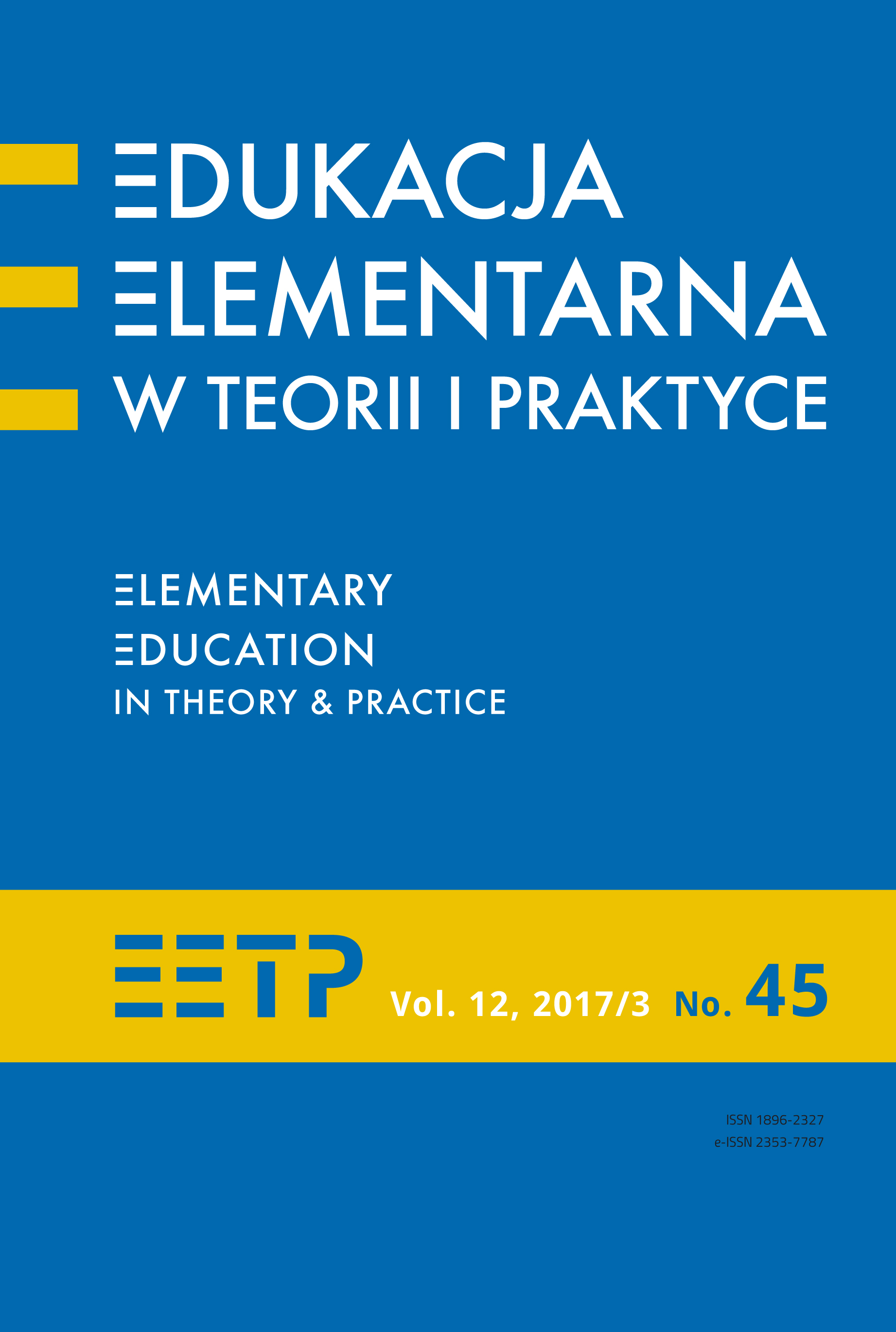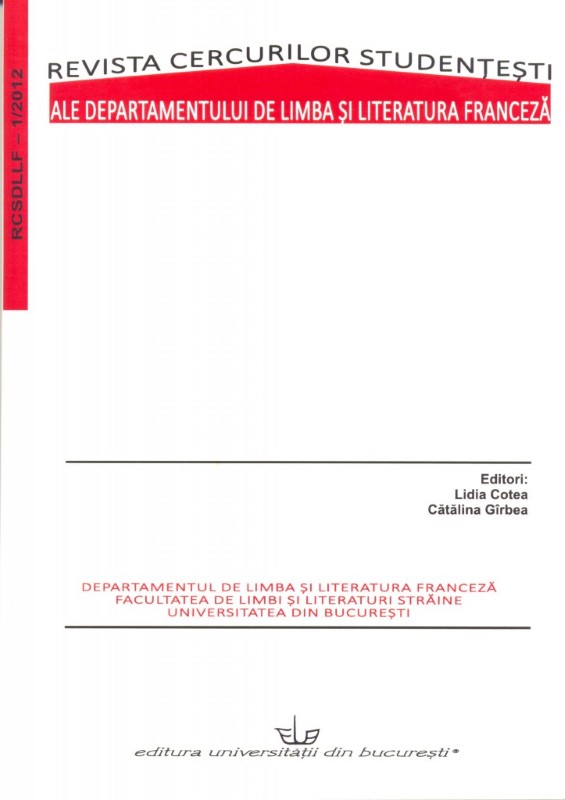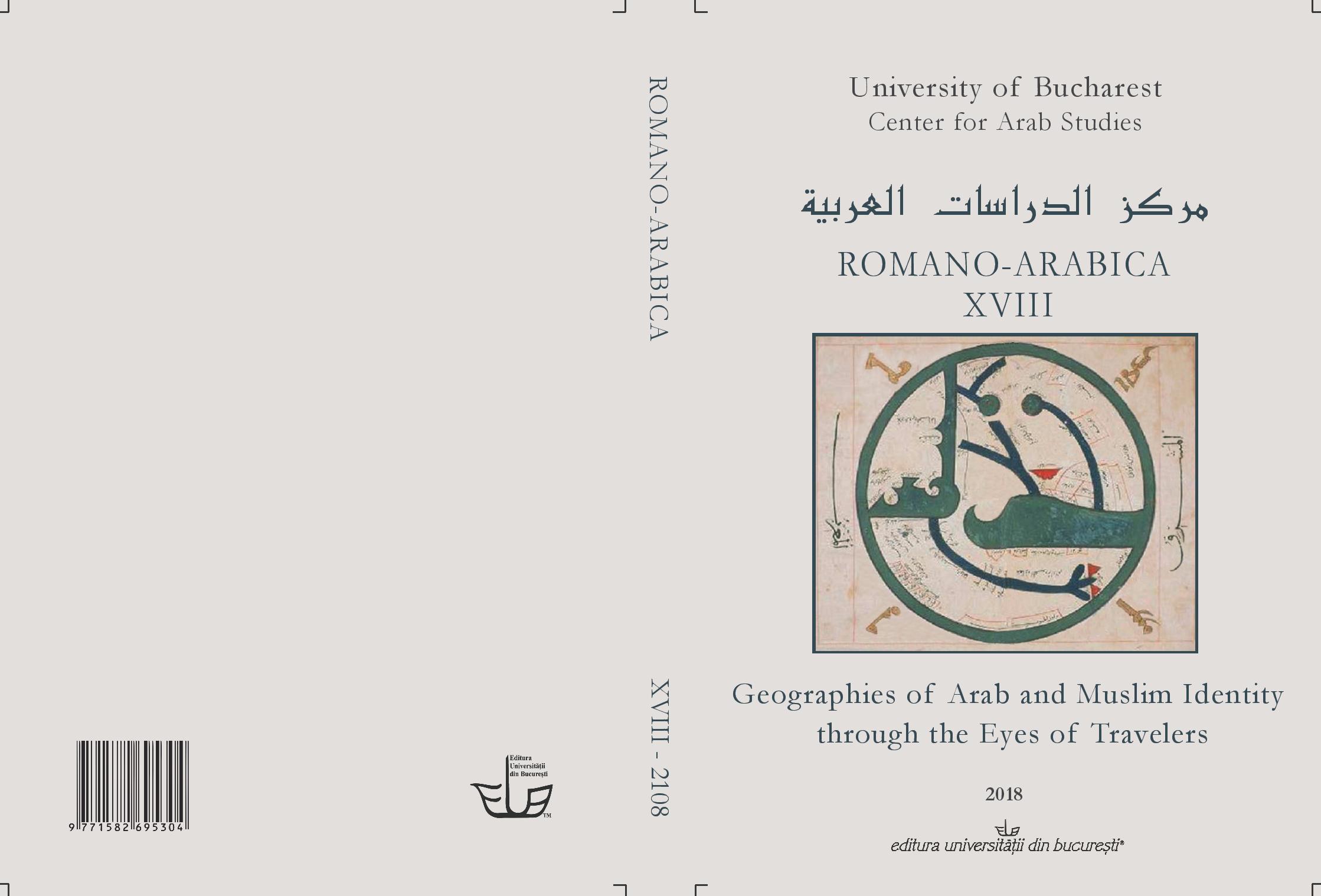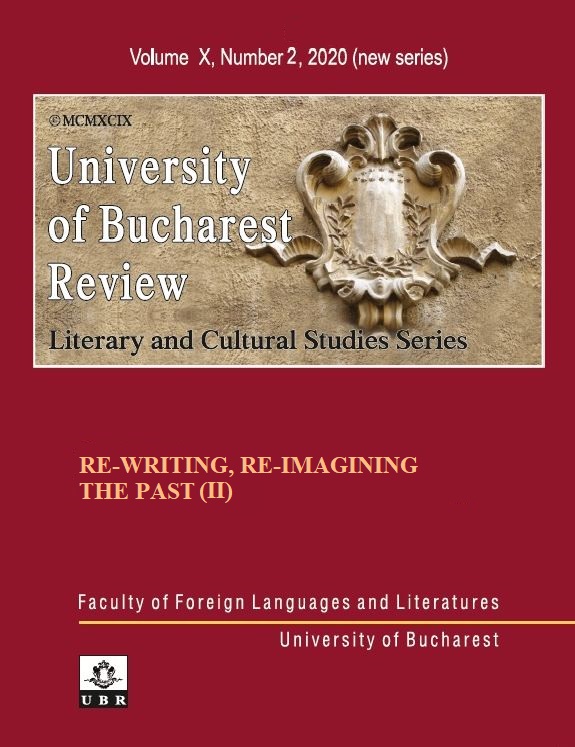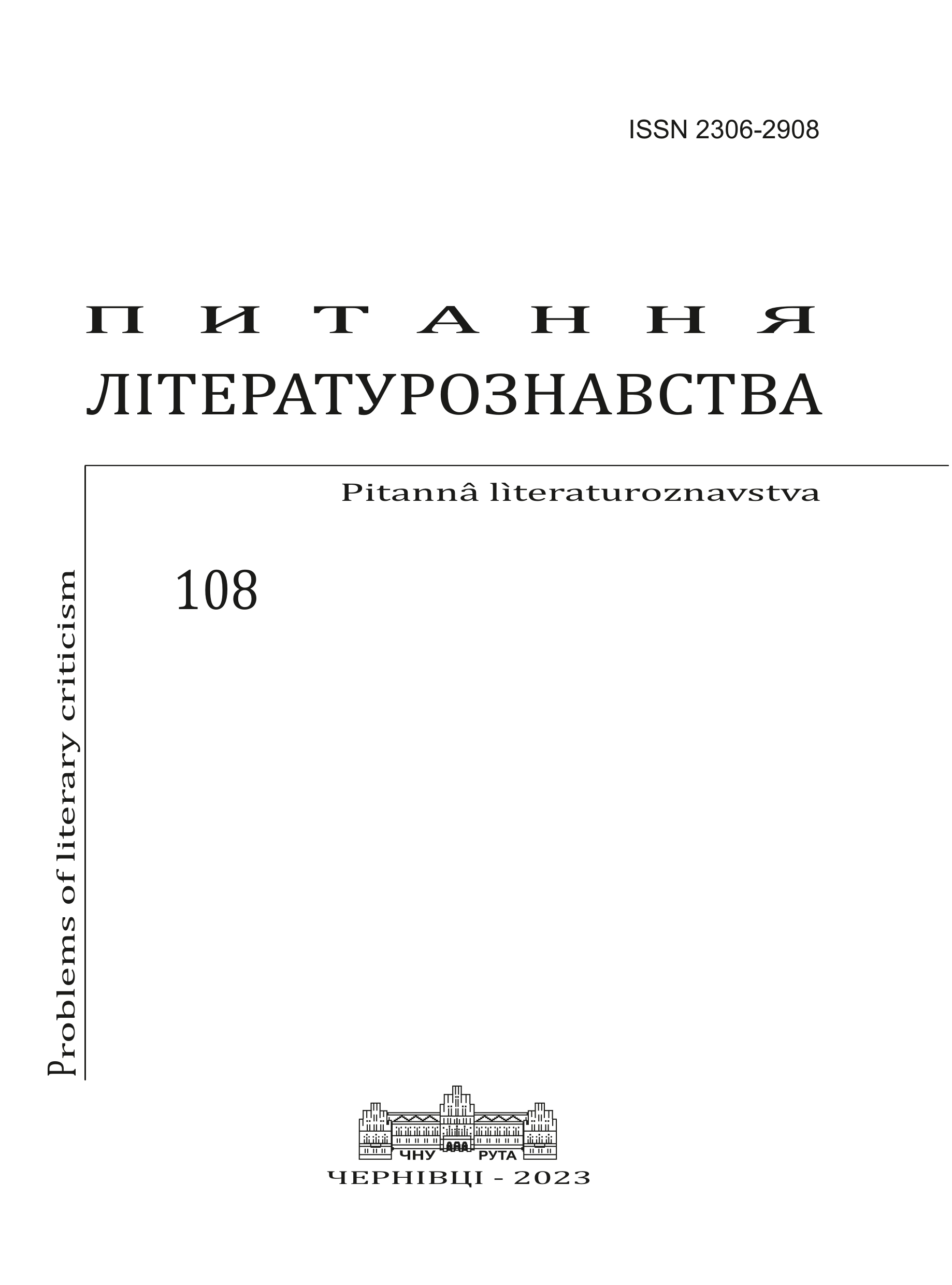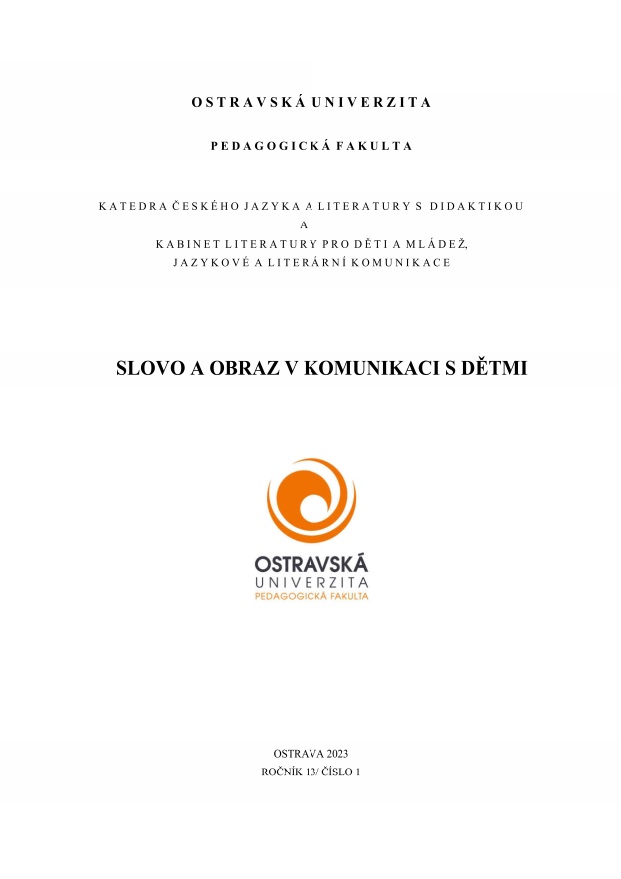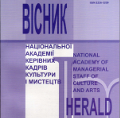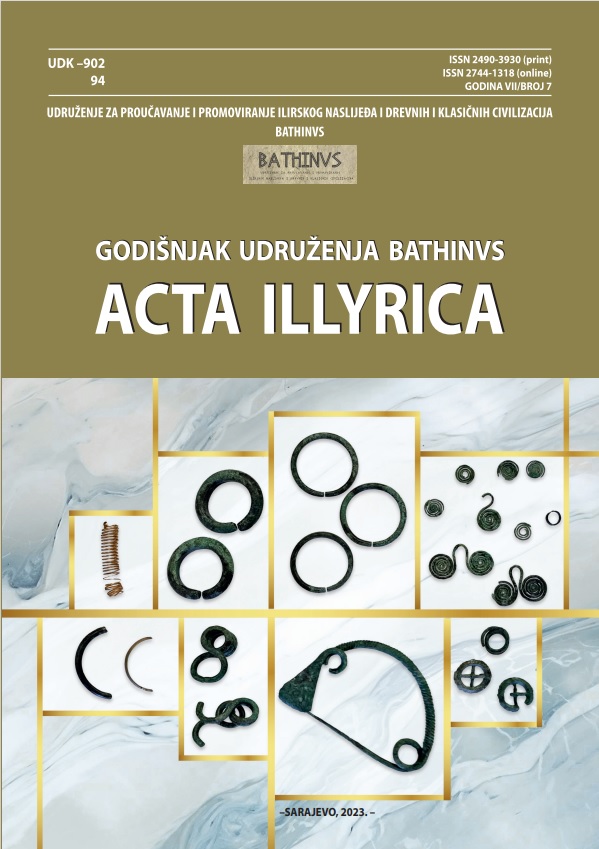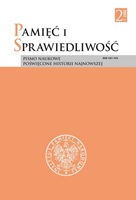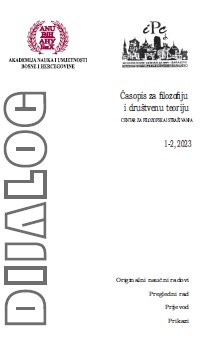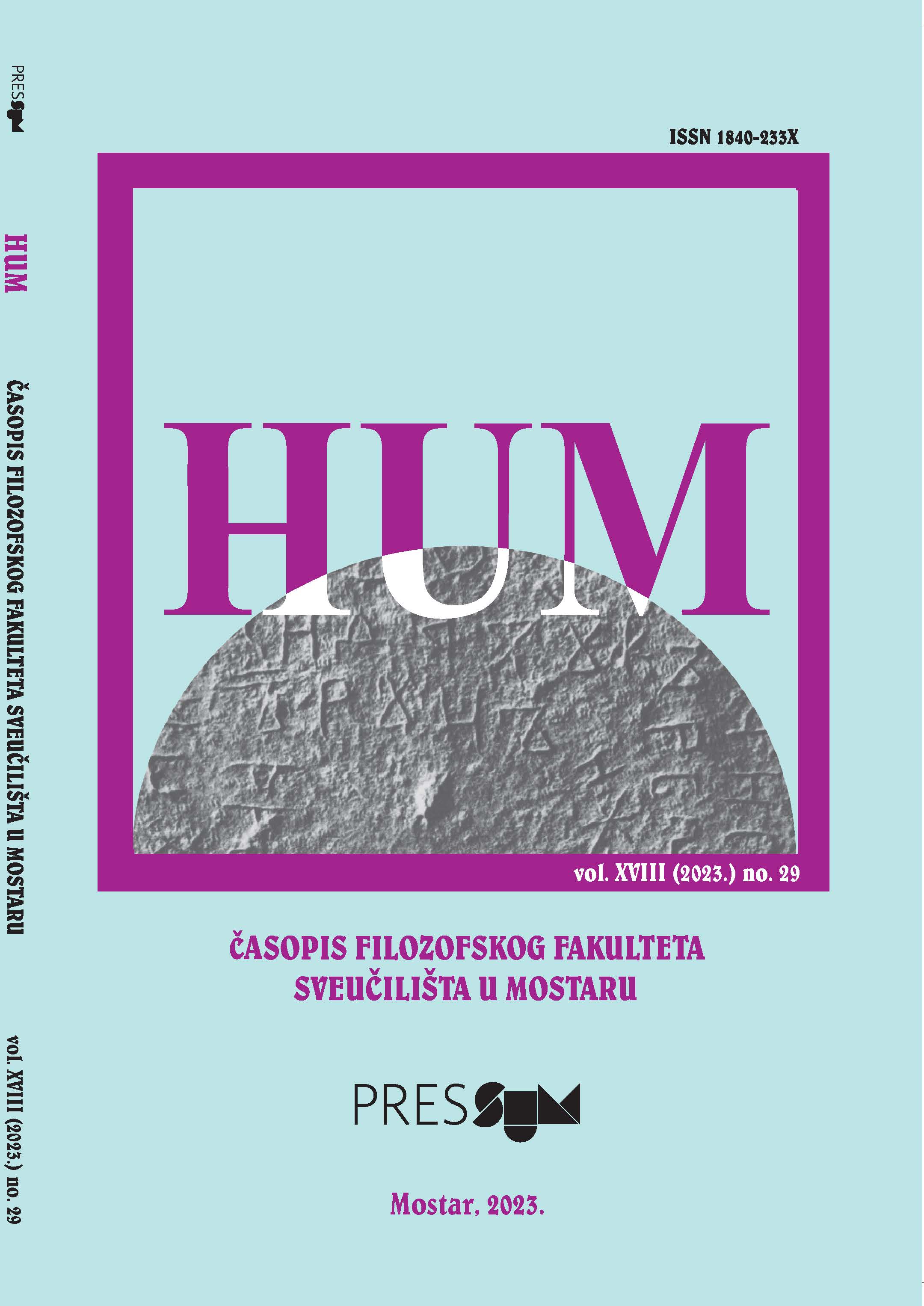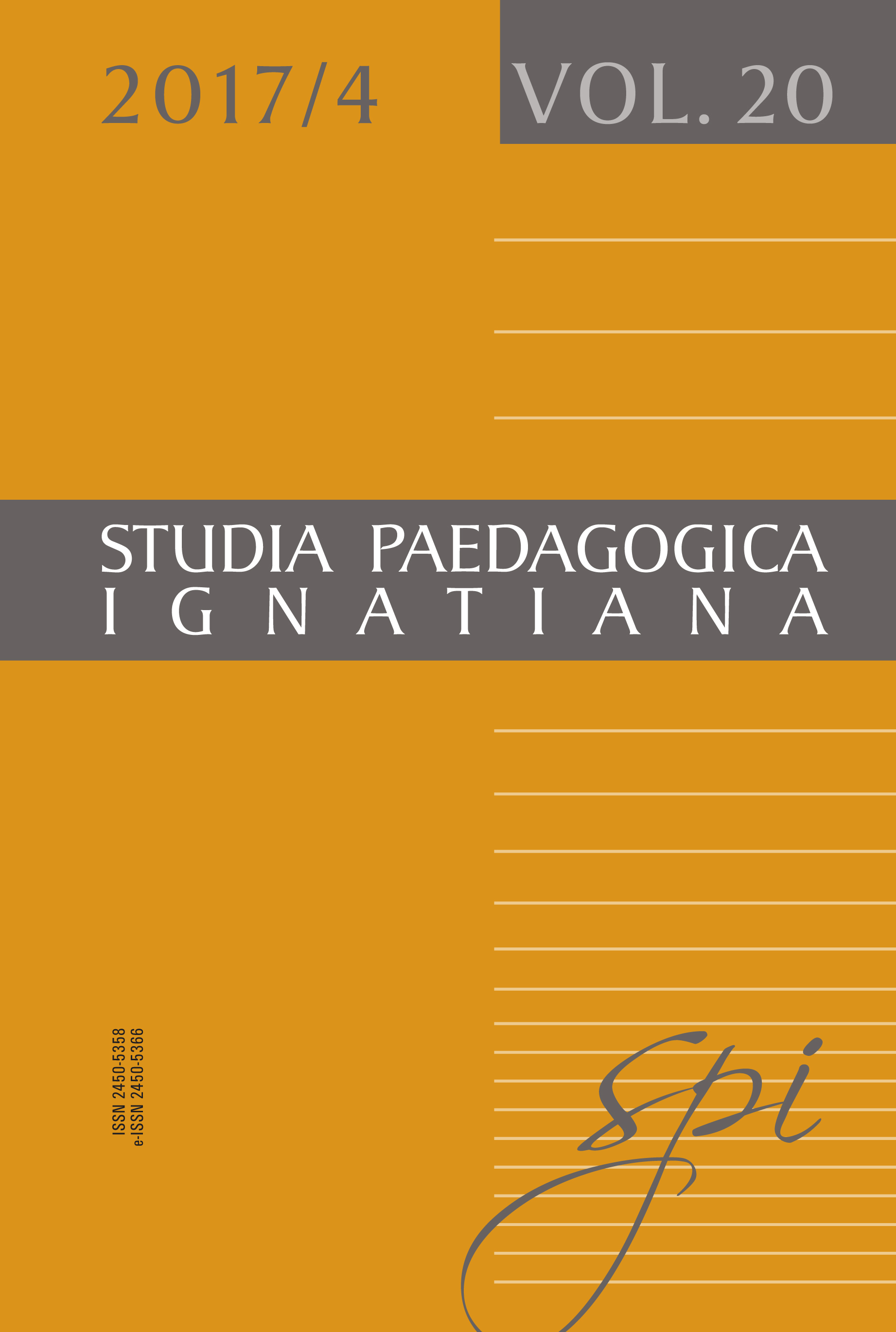
Fostering Resilience through Fairy Tales: The Girl Without Hands by Jacob and Wilhelm Grimm
The purpose of this paper is to exemplify the outstanding potential of literary narrations, and particularly the fairy tales, to foster resilience among primary school students. The starting point of these reflections is the mimetic-cathartic vision of a literary narration proposed already by Aristotle and then developed by such contemporary authors as Paul Ricoeur, Alasdair MacIntyre, David Carr, etc. The specific application of the general idea, according to which great literary stories have a powerful intrinsic pedagogical potential, is depicted with the use of the example of a classic tale by the Grimm brothers, The Girl Without Hands, which is a clear mimesis in both textual and figurative sense of a resilient character. Moreover, the traumatizing circumstances against which the resilient attitude develops in the protagonist are related to family background, which makes the story particularly up-to-date at present times in which we observe an outstandingly high divorce rate as well as many other types of problems affecting large numbers of children in relation with their families. A variety of “pillars” or “factors” of resilience are easily observable in the behaviour of the “girl without hands,” which converts the story into a remarkable and encouraging example of overcoming all sort of difficulties and obstacles which our students encounter on their own way towards a more complete integration and happiness.
More...
